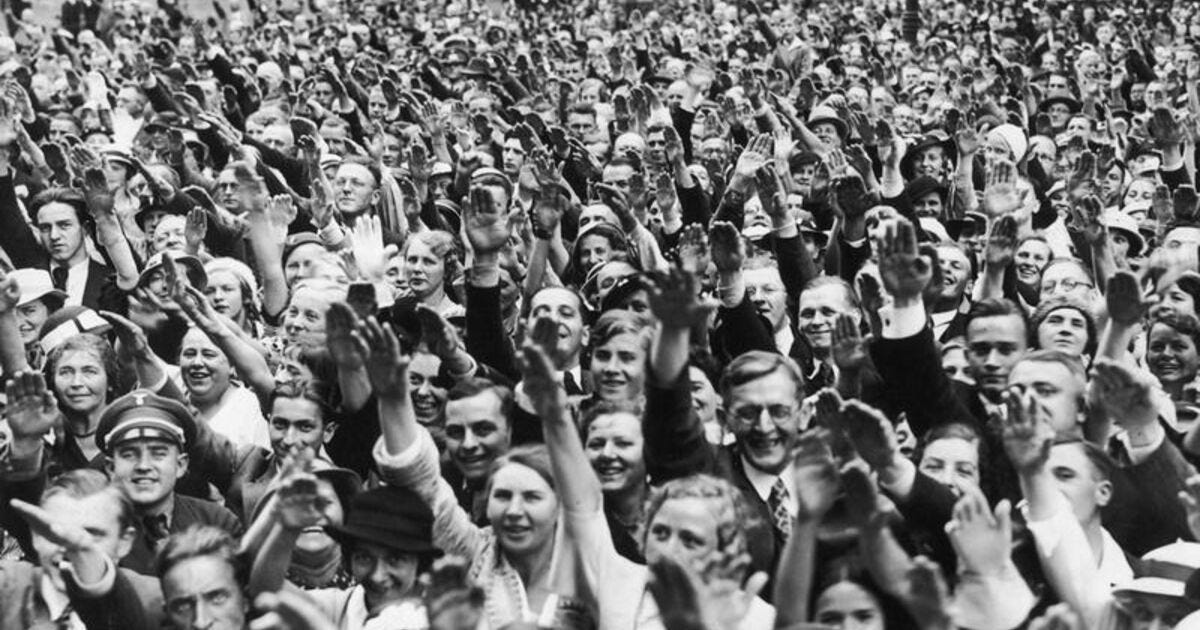Though its name implies that it is a ‘new’ ideology concerned with freedom, neoliberalism is not new. Nor is it especially liberal.
Today, neoliberalism is nearly a century old; it has its origins in the interwar Europe of the 1930s, a place stricken by economic decline and political turmoil, where intellectuals were forced to reckon with a series of crises that struck at the very foundations of modern political thinking. First, capitalism failed spectacularly during the Crash of 1929 and the ensuing Great Depression; secondly, Russia’s revolutionary socialist movement had quickly devolved into oppressive state tyranny; and thirdly, the German masses had democratically elected the Nazi party to power, ushering in tyranny and violence that would eventually threaten to swallow the whole continent in irrational darkness. Capitalism and its alternatives had each proved disastrous; in each instance, some combination of the State, Enlightenment thought, liberal capitalism, or democracy were to blame. In this climate of crisis and doubt, intellectuals understood the need to formulate alternative modes of economic and political organisation: nothing less than the aversion of total disaster motivated them.
In 1938, a group of economists, philosophers and sociologists organised a conference called the Colloque Walter Lippman in Paris, where they discussed the problems their civilisation faced. Featuring thinkers like Ludwig von Mises, Friedrich von Hayek and Michael Polyani, participants spoke of their ideas that competitive markets and free enterprise were superior to state intervention, and that private property and individual freedom were essential protections against totalitarian rule. Together, they sought a ‘renewed’ liberalism that could overcome its past failures—what they eventually called neoliberalism.
World War Two halted the progress of this movement. But the intellectuals’ activities eventually recommenced in 1947 in a Swiss village named Mont Pèlerin. There they founded a group called the Mont Pèlerin Society, dedicated to the task of reformulating liberalism for the post-war world.
At its first meeting, a committee led by Hayek, the society’s first president, drafted a Statement of Aims outlining its core values. The Statement echoed Hayek’s ideas popularised in his successful 1944 book, The Road to Serfdom, which argued that ‘economic freedom’ is the ‘prerequisite of any other freedom.’1 The Statement outlined their view that individuals must have the freedom to buy, sell and make whatever they choose and that such freedom was the only defence against the concentrations of power, democratic movements and their ideas of the ‘social’ and social justice that led inevitably to tyranny.2 ‘Planning leads to dictatorship,’ as Hayek once wrote.3 Drawing on Nazi political theorist Carl Schmitt, they also agreed that liberalism and democracy are antithetical to one another; that democratic choice should be confined to markets; and that a strong state, constrained by the rule of law, must exist to ensure the operation of these free markets by regulation and intervention. Surprisingly, members also agreed that the freedom within markets must be structured by strong, traditional moral standards, to be enforced socially, that would guarantee order in an otherwise anarchic environment.4 Together, these ideas made neoliberalism a loose doctrine focused on strong morals and free markets that was simultaneously liberal, antidemocratic and authoritarian, and which positioned its advocates as opponents of communism, fascism, and capitalism in both its welfare-state and laissez-faire varieties.5
Neoliberalism’s beginnings were no different than any number of other, forgotten intellectual projects from the 20th century. Yet in a matter of decades, as we shall see, it would become one of the most influential ideologies in the world.
References
Brown, W. (2019) In the Ruins of Neoliberalism: The Rise of Antidemocratic Politics in the West. New York, Columbia University Press.
Hayek, F. v. (2005) The Road to Serfdom: with The Intellectuals and Socialism. London, The Institute of Economic Affairs.
Mirowski, P., & Plehwe, D. (eds.) (2015) The Road from Mont Pèlerin: The Making of the Neoliberal Thought Collective. Cambridge, MA, Harvard University Press.
Footnotes
The Road to Serfdom, p.66.
In the Ruins of Neoliberalism, pp.30-31.
The Road to Serfdom, p.50.
In the Ruins of Neoliberalism, p.34.
The Road from Mont Pelerin, edited by Mirowski & Plehwe, Introduction, Ch 4, & Postface; The Ruins of Neoliberalism, p.36.







